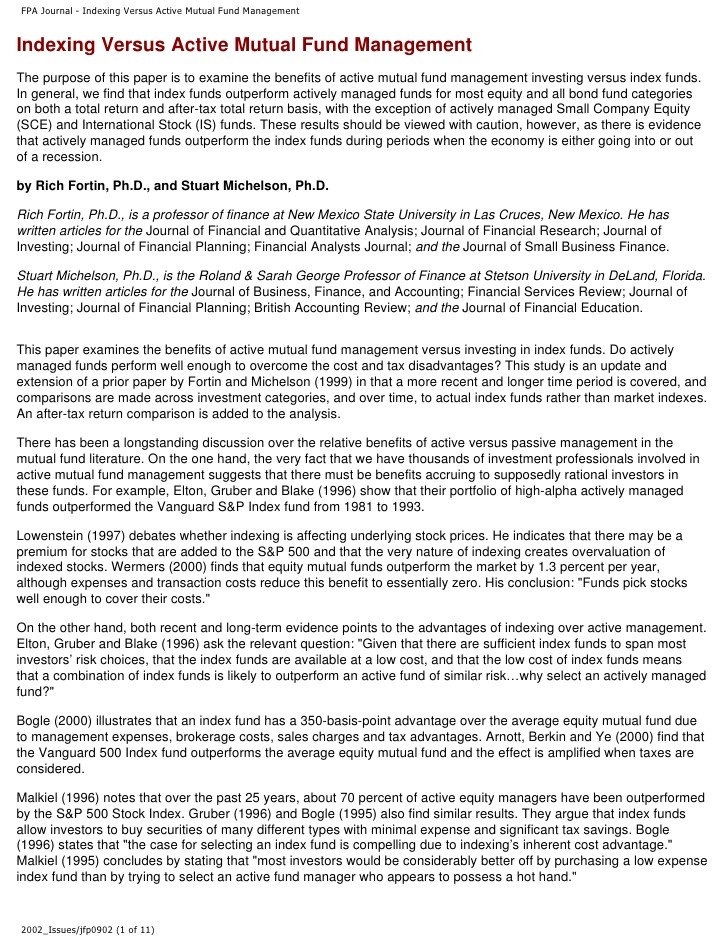Why ETFs have lost ground to mutual funds Roseman
Post on: 16 Март, 2015 No Comment

Exchange-traded funds grew quickly until 2013. Mutual funds regained their momentum last May, as investors worried about higher interest rates.
Mutual funds get little love from media critics and consumer advocates. But that hasnt hurt sales.
Canadian mutual fund companies managed $999.2 billion in assets at the end of December. The $1 trillion mark similar to Mount Everests peak should be reached later this month.
Mutual fund assets have grown by an average 19.4 per cent a year for the last 20 years. More than a third of Canadian households hold mutual funds, says the Investment Funds Institute of Canada .
But many commentators dislike mutual funds, saying their high costs which come out of investors pockets make them lag behind. They also decry the commissions paid by mutual fund managers to sellers, even to those who provide little or no advice to investors.
So, whats the alternative? If you read the business section, you will find lots of love and respect for exchange-traded funds or ETFs.
An investment product developed in Canada in 1990, the ETF gained widespread popularity in the aftermath of the worldwide stock market crash from September 2008 to March 2009.
The advantages of ETFs over mutual funds are (1) lower costs (2) exposure to broad market indexes (3) ease of use through a couch potato portfolio.
Using a passive management style, which is less expensive than the active management style used by mutual funds, ETFs try to provide a similar return to a market index.
ETF have annual management fees averaging 0.25 to 0.75 per cent (compared to 1.5 per cent to 3.5 per cent for mutual funds). Investors can build a diversified portfolio with just a few low-cost ETFs such as Canadian stocks, U.S. stocks, international stocks and bonds and hold onto it for years.
ETFs have grown more quickly than mutual funds. But in 2013, Canadas mutual funds saw their assets grow by 17.6 per cent, while ETF assets grew by 11.8 per cent to $63.1 billion.
It was a challenging year for ETFs, says Yves Rebetez, managing director and editor of ETF Insight. which has news and analysis of industry trends.
The big shift happened last May. Stock and bond markets reacted sharply to a suggestion by Ben Bernanke (former head of the U.S. Federal Reserve) that he would end the tapering policy that kept interest rates low.
Canadians stopped buying bonds and real estate investment trusts (REITs), the types of investments that accounted for the bulk of ETF sales after the market crash.
As people woke up to the idea that they could lose money in fixed income and dividend ETFs, they started cashing them in.
Where did they put the money instead? Many bought balanced funds a mutual fund product that combined stocks, bonds and cash and promised lower volatility at a time of uncertainty.
Balanced funds had net sales of $40 billion in 2013, compared to $27 billion in the previous year, says the Investment Funds Institute.

Banks are a powerful selling machine in the mutual fund world. They started selling balanced funds to people concerned about investing in equities. The scars were still there five years after the crash, Rebetez says.
Meanwhile, do-it-yourself ETF investors were less likely to look for packaged or wrap solutions.
Management consultant Dan Richards has followed the mutual fund industry since 1985, when total assets were only $10 billion. He says investors get valuable service from fund sellers, the cost of which is bundled into the management fees.
The vast majority of investors, when left to their own devices, will do the wrong thing. They buy at the wrong time and sell at the wrong time, says Richards, head of Client Insights in Toronto .
Advisers act as an emotional anchor. After 30 years in the business, I think most add value in helping ensure that clients have appropriate portfolios. By just looking at costs, you miss other aspects of the advisers role.
Tom Bradley, president of Steadyhand Investment Funds, talked about the slowing momentum in a blog post. 2013 should have been great for ETFs. It wasnt.
He highlighted two factors. (1) ETFs are not accessible to customers through bank branches. (2) Only a few ETFs pay a trailing commission to advisers, who get compensation for virtually every product in clients portfolios, except for individual stocks and bonds.
Even though Im a dyed in the wool active manager, Bradley said, I find the ETF flows to be a major disappointment. Im a believer in clients getting a fair shake and for the most part, ETFs are a better option than high-cost mutual funds that do little more than shadow the index.
In his view and I agree ETFs will be a defining force in Canadian wealth management. Its just taking longer than expected for the trend to take hold because of client inertia and adviser compensation.














